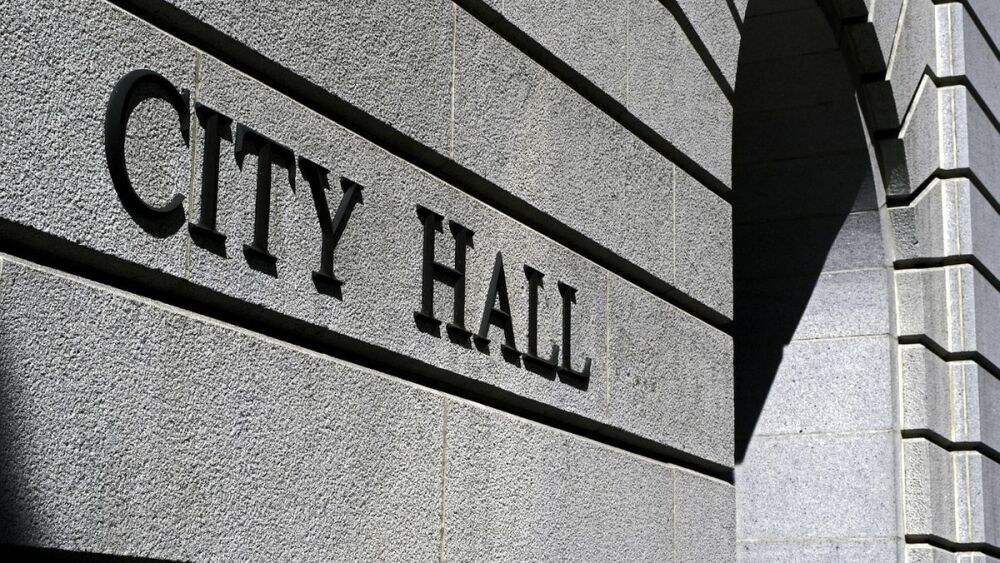By Vivienne Walt
Fortune
The sun is still high in the sky on a June evening in Barcelona when Juan Blanco, Cisco’s business development director for southern Europe, takes me on a walk through the city’s medieval quarter, with its twisting alleyways and sidewalk cafés spilling over with people. As we enter a cobblestone square where the centuries-old El Born market hall stands, Blanco asks, “Notice anything unusual here?” At first I don’t. It looks like a typical Mediterranean city in full summer splendor, with nothing out of place—nothing, that is, until I look up and spot the curved plastic shields affixed to the lampposts at a height of about 30 feet, each with a few metal boxes inside. “Those?” I ask.
Those, indeed. The boxes are no regular electricity meters. They are fine-tuned computer systems, capable of measuring noise, traffic, pollution, crowds, even the number of selfies posted from the street. They are the future of Barcelona, and in some sense they are the future for all of us too. The hard drives are just one piece of what is “unusual” on this street, in fact. Cast your eyes down, and you might spot the digital chips plugged into garbage containers, or the soda-can-size sensors rammed into the asphalt under the parking spaces.
Then again, you might not notice anything. Discreet and largely unannounced, the changes in Barcelona have slipped by even observant residents and the millions of tourists who pour into Spain’s second-biggest city every summer to soak up its tapas, music, and beaches. Yet the stealthy transformation is profound and potentially so sweeping that no one is sure where it will lead. “Our lives have changed totally in the past 10 years thanks to smartphones,” says Josép Ramon Ferrer, a telecom engineer who until late June was Barcelona’s smart-city director, charged with shepherding its digital overhaul. “The management of cities has not changed that much until now. But in the next 10 years, cities will change totally.”
Read full coverage here.


